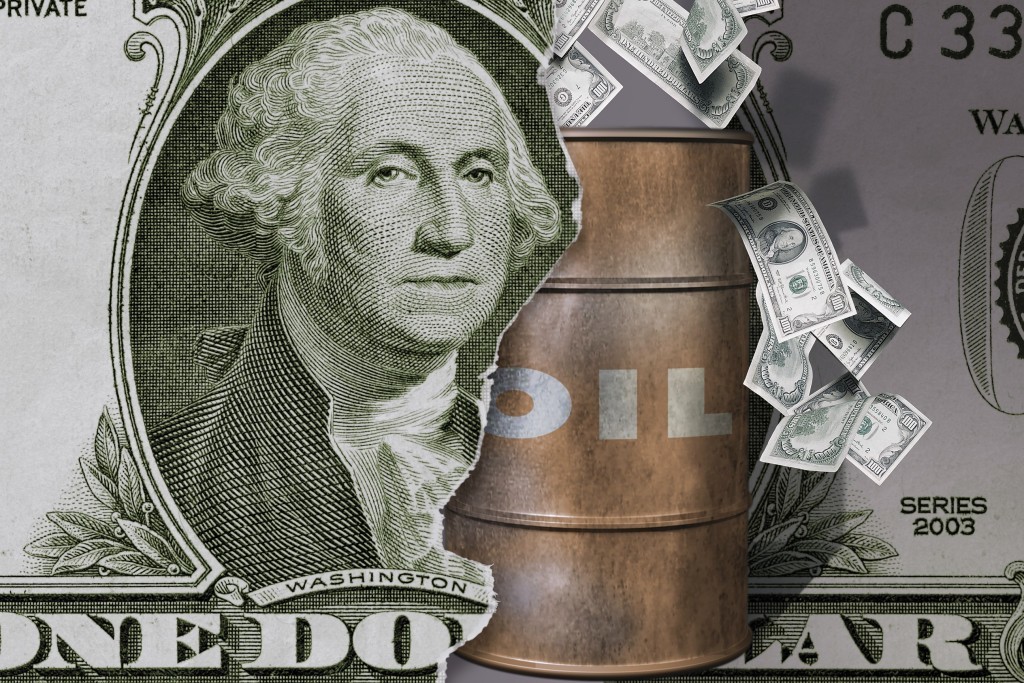
Emerging-market energy shares fell the most in three weeks as oil slid below $45 a barrel, damping appetite for assets of commodity exporters such as Russia and South Africa before central bank meetings in the U.S. and Japan this week.
Lukoil PJSC fell for a third day in Moscow and Cnooc Ltd. declined the most in a month in Hong Kong as Brent crude traded at the weakest level since May on supply concerns. The ruble led declines among developing-nation currencies, losing 1.1 percent versus the dollar, followed by the South African rand. While assets in emerging Europe were under pressure, Asian currencies advanced and the MSCI Asia Pacific Index increased for a second day on speculation the Bank of Japan will increase stimulus.
Crude’s retreat is undermining one of the biggest drivers of this year’s rebound in developing countries, many of which rely on income from commodities including oil, natural gas and industrial metals to balance their budgets. While emerging-market stocks are on course for their best month since March on speculation the Federal Reserve will keep interest rates lower for longer, wagers for monetary policy tightening have risen in the past week.
“The steadily declining oil price is creating some worries for Russia and makes investors more alert overall,” said Maarten-Jan Bakkum, a senior strategist at NN Investment Partners in The Hague, who favors Indian shares. “On the Fed, nobody really expects them to move toward tightening in the short term. Perhaps there is room for some negative surprises there. That could explain why markets have been weakish.”
The MSCI Emerging Markets Index was little changed at 869.20 at 12:21 p.m. in London as energy and health-care stocks retreated while utility and technology companies advanced. A gauge of developing-nation currencies weakened for a third day, almost wiping out gains in July. The premium investors demand to own emerging-market debt over U.S. Treasuries widened two basis points to 356, according to JPMorgan Chase & Co. indexes.
Futures show there’s less than a 10 percent chance the Federal Reserve will boost interest rates when it announces its policy decision Wednesday.
Recommended for you
